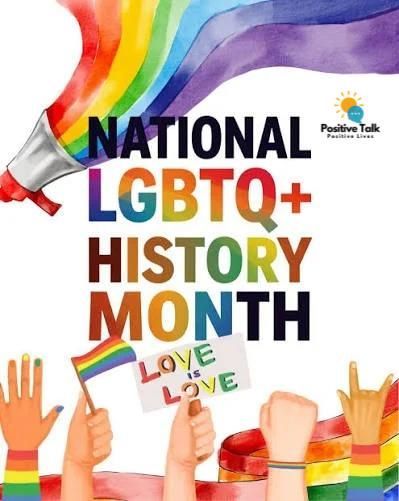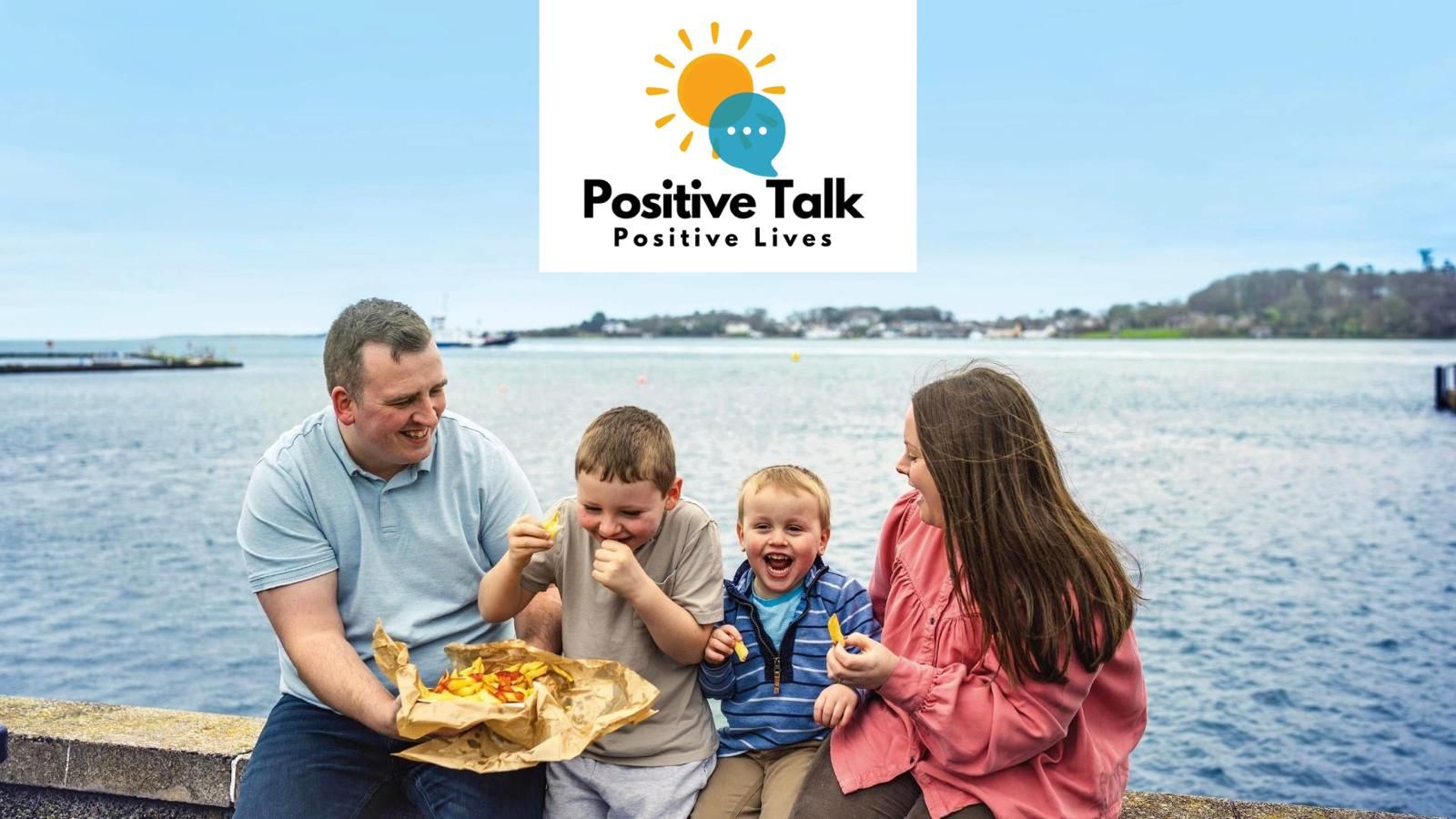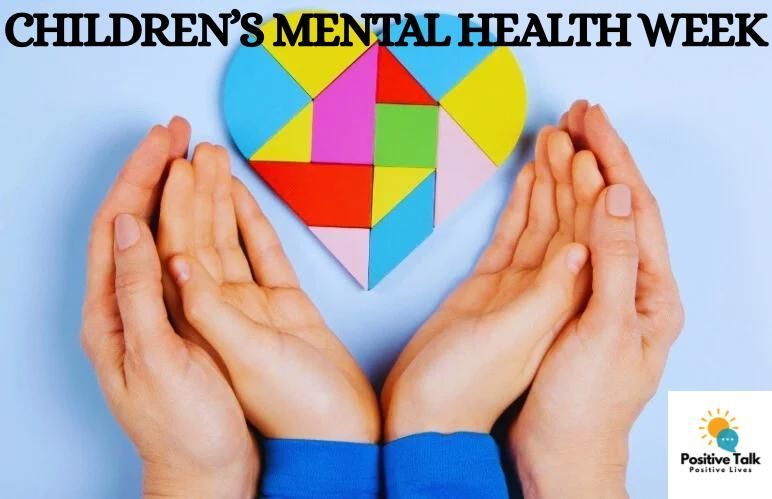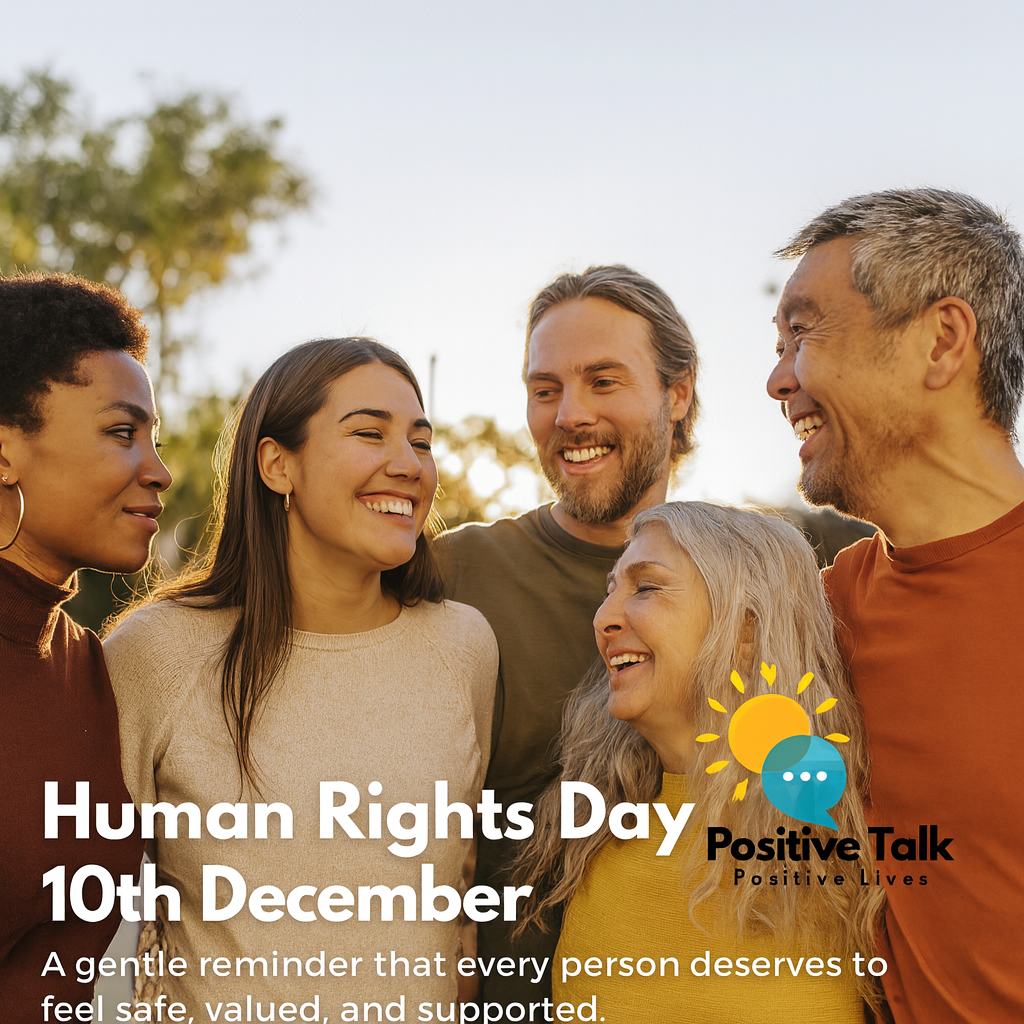ADHD Awareness Month October 2025
ADHD: What It Is, and What support is available
1. What is ADHD?
ADHD, Attention Deficit Hyperactivity Disorder, is a neurodevelopmental condition that affects attention, organisation,. It’s not a sign of laziness, bad parenting, or lack of effort. ADHD affects the way the brain regulates focus, energy, and emotions, which means people may find it harder to manage time, stay organised, or complete tasks, even when they want to.
There are three main types of ADHD: inattentive, hyperactive impulsive and combined. Symptoms can look different from person to person, some may struggle with concentration or forgetfulness, while others feel constantly “on the go.”
ADHD is not just a childhood condition. It often continues into adulthood, though it can present differently at different ages.
2. How common is ADHD in the UK?
ADHD is much more common than most people realise, and many people remain undiagnosed.
· In England alone, around 2.5 million people are estimated to have ADHD, including 741,000 children and young people.
· As of 2025, more than 500,000 people are on NHS waiting lists for an ADHD assessment.
· Among adults, around 14% show signs of ADHD on screening tests, yet fewer than 2% have a formal diagnosis.
· GP records suggest that only about 1 in 9 people with ADHD are currently diagnosed.
These numbers show a huge gap between how many people have ADHD and how many actually receive help or support.
3. Why ADHD often goes unnoticed
ADHD can be difficult to recognise because it doesn’t always appear the same in everyone. Some people are very outwardly energetic or impulsive; others appear quiet and distracted. Many learn to mask their symptoms, working harder than others to keep up or hiding their struggles due to fear of judgement.
There are also common myths that prevent people from seeking help, such as:
· “ADHD is just bad behaviour.”
· “It only affects children.”
· “You can’t have ADHD if you did well at school.”
ADHD can affect anyone, regardless of IQ or background. It’s about how the brain processes information and manages focus, not about effort or ability.
4. What ADHD can look like day to day
ADHD can affect many areas of life. Someone might:
· Forget appointments or lose things often.
· Struggle to start or finish tasks, especially if they’re repetitive.
· Feel restless, talk quickly, or interrupt without meaning to.
· Experience emotional ups and downs.
· Find time management, budgeting, or organising daily life especially draining.
These challenges can lead to frustration, low confidence, or burnout, especially when people don’t yet know why things feel harder for them.
But ADHD also comes with strengths. Many people with ADHD are creative, quick thinkers, good problem solvers, and passionate about the things they care about. With understanding and the right tools, those strengths can shine.
5. Why early recognition matters
Without support, ADHD can contribute to difficulties at school, work, or in relationships. It’s also linked to higher rates of anxiety, depression, and low self-esteem. Recognising ADHD early can prevent years of unnecessary struggle.
At the moment, though, many people wait months, sometimes years , for an assessment. This can be discouraging, but it’s important to remember that support doesn’t have to wait for a diagnosis.
6. What can help you
· Therapy or coaching to help with organisation, focus, emotional regulation, and self-understanding.
· Medication prescribed by specialists, which can help balance attention and energy levels.
· Routine and structure, such as clear plans, reminders, and breaking tasks into smaller steps.
· Lifestyle support, regular sleep, physical activity, and balanced nutrition.
· Community or workplace adjustments, such as flexible deadlines or quiet spaces.
Even small changes can ease pressure and restore confidence.
7. ADHD affects adults, too
Many adults reach their 20s, 30s, or 40s before being diagnosed, often after noticing ongoing challenges like disorganisation, burnout, or difficulty managing emotions. For some, a diagnosis brings relief a new understanding of why things have always felt harder than they “should.”
Awareness is key. The more people understand what ADHD looks like in adults, especially as many may mask symptoms, the more likely they are to recognise when something deeper is going on.
8. Reaching out for support
If any of this sounds familiar, you’re not alone. ADHD is common, and help is available. You can speak to your GP about an assessment or connect with us for guidance and resources.
At Positive Talk, we work with many clients who are exploring or living with ADHD. Therapy can help you understand your mind better, develop strategies that fit you, and rebuild confidence.

